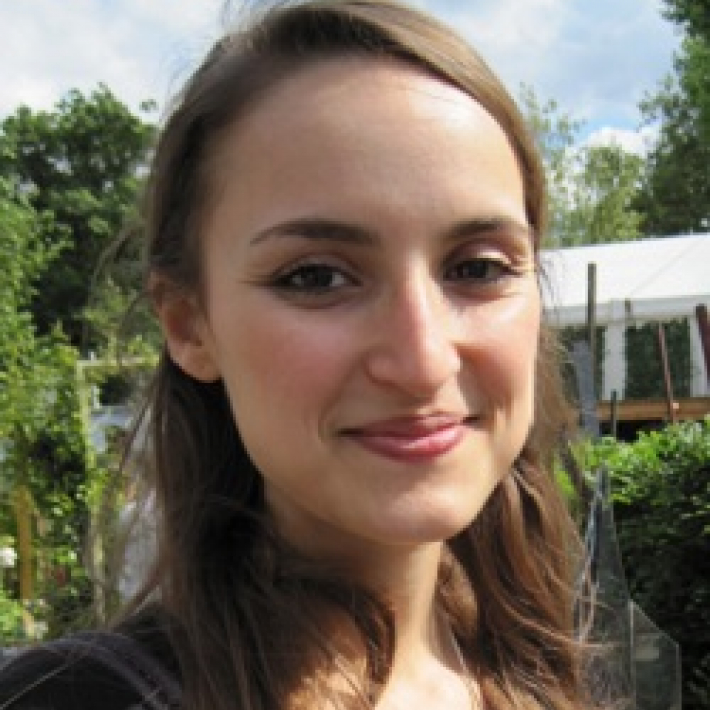I think it’s helpful to structure your e-portfolio’s content. At the beginning of any rotation during your foundation training, you’ll need to prepare a personal development plan. You need to record your objectives – for example if you are thinking about a career in surgery, then you might want to improve your suturing skills or compile a list of all of the procedures with which you have assisted. Alternatively, you might identify improving your practical skills, such as blood-taking or canula insertion, as a goal for the next post. You can see how far you have progressed, and identify what you need to achieve in the rest of the rotation and during your next post.
Another central benefit of your e-portfolio is the way it helps with career choices. Having to apply for specialty training after you’ve only worked as a doctor for sixteen months is a challenge for many foundation trainees.
When you are recording your reflections, look at the situations you enjoyed most. What has gone well for you? When did you find working with patients particularly rewarding? When did you get positive feedback, from other doctors, nurses and patients? Having this kind of knowledge has really helped me to make my career decisions.
This isn’t the only way that using your e-portfolio effectively can help with your career decisions. If you are interested in specialising in radiology, it isn’t possible to do a radiology rotation during your foundation training, so you need to demonstrate evidence of your interest in and commitment to this specialty. Your e-portfolio could document evidence of your attendance at x-ray meetings or grand round presentations. Having all this recorded in your e-portfolio can be a real asset.
